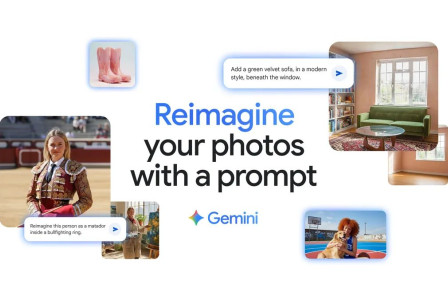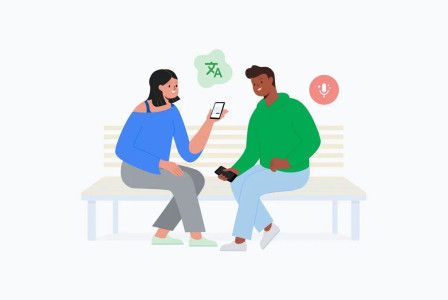SEARCH
Gemini will gain access to WhatsApp, Phone and other Android apps on July 7

SHARE IT
Starting July 7, 2025, Google will expand the capabilities of its Gemini AI assistant on Android devices by enabling deeper integration with key communication apps such as WhatsApp, Messages, and Phone. According to an internal email sent to select users, this update will take effect regardless of whether the “Gemini Apps Activity” setting is enabled or disabled—raising immediate questions about user control and data privacy.
This upcoming change means that Gemini will soon be able to initiate actions like sending messages or making phone calls using these apps, offering a new layer of hands-free utility. While some users might welcome the increased functionality, the manner of the rollout—quiet and default—has drawn scrutiny. This move follows a broader pattern among tech giants to introduce powerful new features without always providing clear opt-in consent from users.
A support page detailing the update is already online and offers a breakdown of what Gemini will and won’t be able to do with WhatsApp. Importantly, even though the integration allows for initiating communications, Gemini will not be able to read, summarize, or interpret the content of WhatsApp chats. Nor will it be able to interact with multimedia content such as images, GIFs, memes, audio, or video embedded in conversations. In addition, Gemini won’t have access to notifications or the ability to respond to them from WhatsApp.
Yet, Google appears to leave the door open for more functionality through auxiliary apps. The company notes that the Gemini app "may support some of these actions with help from Google Assistant or the Utilities app, even with WhatsApp disabled in Gemini." This caveat suggests that, depending on the user's broader Google ecosystem setup, some functions could still be partially accessible or workarounds might still be in play.
Users who prefer to keep their digital environment more private do have some control—though the settings aren’t exactly straightforward. To restrict Gemini's access to specific apps, users can navigate to the Gemini app, go to Profile, select Apps, and toggle off access to each individual extension. For a broader limitation, the Gemini Apps Activity setting can also be disabled by going to Profile > Gemini Apps Activity and switching it off. However, even this may not fully prevent the assistant from interacting with apps like WhatsApp after July 7.
Google notes that, even when Gemini Apps Activity is disabled, the system may retain data for up to 72 hours for the purposes of safety, security, and user feedback. This temporary data retention underscores the tension between user control and backend operations often hidden from immediate view.
This update follows a growing trend in the tech industry: the gradual and often subtle implementation of AI assistants into core services. Meta recently made headlines for rolling out its Meta AI within WhatsApp chats, without offering users an easy method to opt out. In both Meta’s and Google’s cases, users are being asked to trust that their data is handled responsibly, even as they are granted fewer ways to meaningfully disengage.
Perhaps the most notable part of this change is its subtlety. Many users may not even realize that Gemini now has access to parts of their communication apps unless a prominent notification appears when the feature goes live. And even if such an announcement is made, the process of managing or revoking access remains relatively complex. The unclear boundaries of what Gemini can and cannot do—even in the face of toggled-off settings—may leave users feeling uncertain about how much control they truly retain over their devices.
With AI increasingly embedded in everyday tools, the boundaries between convenience and intrusion are becoming harder to define. As Gemini becomes more proactive in handling messages and calls, users will need to stay vigilant—not just about how they use their devices, but also about what their devices might be doing behind the scenes.
For now, Google maintains that this rollout is part of its broader vision for AI-enhanced productivity on Android. Whether that vision aligns with user expectations of privacy and transparency remains to be seen.
MORE NEWS FOR YOU

 Help & Support
Help & Support 

